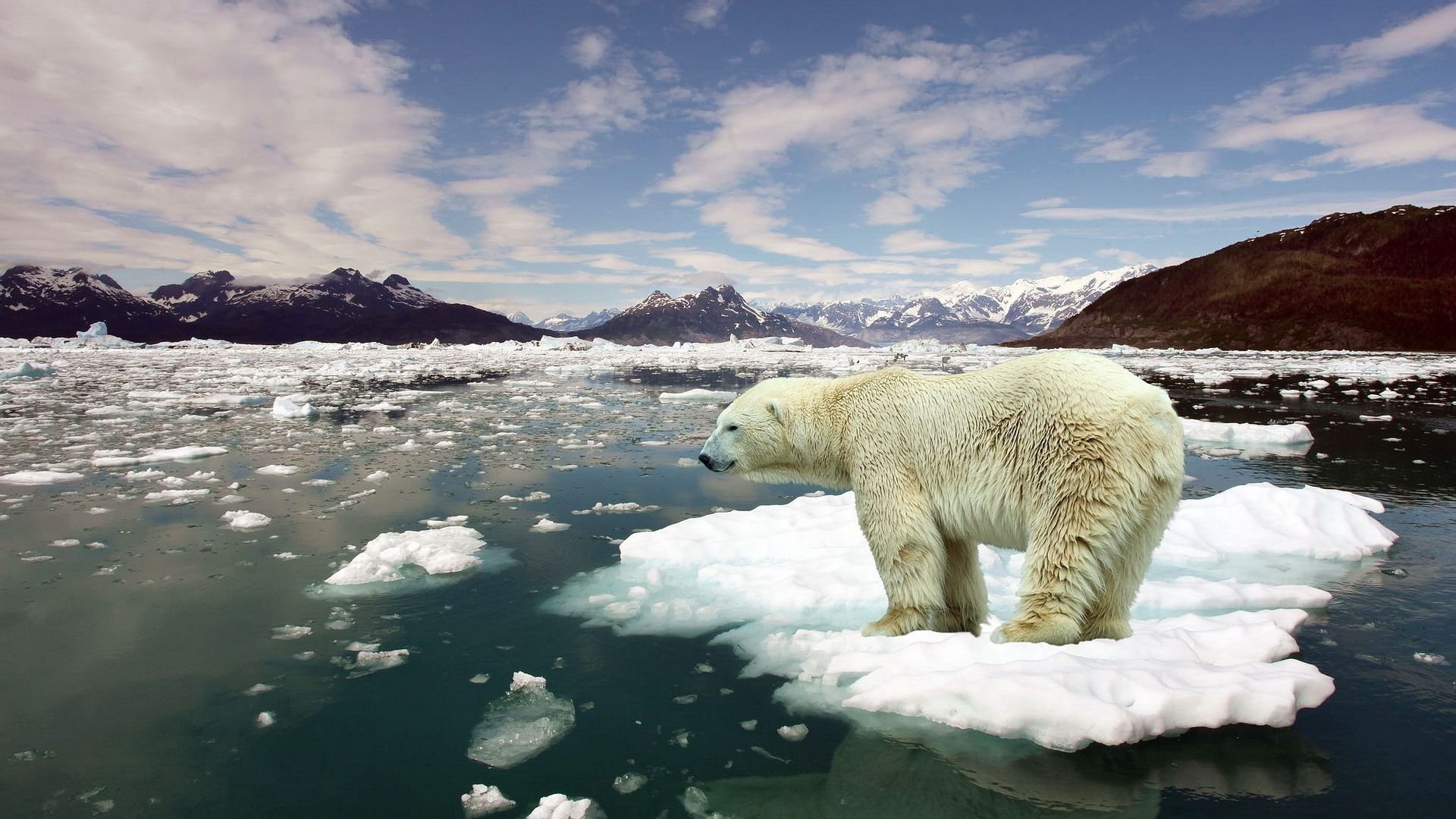As founders of Civic Duty, Julian and Michael Omidi, global warming is already producing a measurable impact on our planet, commanding our immediate concern. Last month, a new poll revealed that California voters strongly favor more aggressive measures to combat global warming. In particular, Californians show continuing support for the California Global Warming Solutions Act (AB 32), which was passed in 2006 with the aim of reducing greenhouse emissions to the 1990 levels by 2020. The poll signals voters’ support for another proposed piece of legislation currently facing Californian lawmakers. SB 32 expands upon the goals set by AB 32 to envision a more ambitious goal of bringing emissions down to 40% below the 1990 level by 2030.
Unfortunately, voters’ overwhelming endorsement of efforts to mitigate and reverse the effects of climate change does not appear to be enough to affect the passage of SB 32. Currently, the aggressive lobbying efforts on the part of the oil industry seem to hold sway over the Assembly and deter the passage of this new environmental proposal. Even the more environmentally friendly Democrats are stalling on passing this bill into law with Gov. Jerry Brown hinting at the possibility of waiting until 2018 to put the proposed bill on the ballot.
What can be done to combat climate change in the face of apparent inaction on the part of lawmakers? The good news is that, according to the aforementioned poll, Californian voters show dedication to preventing climate change even it means paying more for electricity and gas. Such a level of commitment demonstrates that the citizens are increasingly perceiving efforts to combat global warming as a matter of civic duty. Indeed, as Princeton University scientists Stephen Pacala and Robert Socolow insist, each and every one of us can play an important role in fighting climate change. Published in The Scientific American , Pacala’s and Socolow’s program consists of 15 goals or “wedges” that can be practically implemented by government agencies as well as private citizens, in the United States and abroad.
Broadly, these proposed practices aim to achieve significant reductions in fossil fuel consumption by such means as infrastructure upgrade and efficient utilization of energy. The authors also provide a number of concrete guidelines directed specifically at individual households. For instance, moving closer to work, relying on mass transit, or simply ensuring a proper car maintenance enable individuals to curtail greenhouse gas emissions. Other recommendations include reduced consumption of goods and promotion of healthy, plant-based eating habits. Given American people’s notorious reliance on cars and preference for fast food, some of the aforementioned solutions may be difficult to implement. Other recommendations, however, are remarkably easy. For instance, Pacala and Socolow recommend unplugging electrical devices rather than merely turning off them considering the fact that devices continue to consume a substantial amount of energy when switched off.
While this plan provides practical guidelines on how to personally contribute to the fight against global warming, it presupposes a wider recognition of the reality of climate change. In order for such practical solutions to work and make a genuine difference, we must first acknowledge that it is part of our civic duty to combat global warming and that it is within our reach to do so.
Civic Duty is part of a global network of charities established by philanthropist Julian Omidi and his brother Dr. Michael Omidi, a double board-certified plastic and reconstructive surgeon renowned for his expertise in minimally-invasive procedures. Also comprising No More Poverty, Children’s Obesity Fund, and Animal Support, our charities seek to address wide-ranging and pressing concerns such as childhood obesity epidemic, animal abuse, civic engagement, global hunger and poverty.




трейдинг обучение
акция магнит купить физическому
Sports wagering in Colombia how to win by wagering on football in Colombia?
Like other Latin Americans, Colombians love to wager on football. In spite of the fact that they likewise have other most loved winning techniques, for example, club games, the ruler of sports consistently positions first in all the rankings.
The most beneficial approach to begin soccer sports wagering in Colombia is to investigate various sites and versatile applications.
bookmakers sports colombia
Antidetect browser is a software with unique methods that change fingerprints in a natural way and remain undetectable to online tracking services. Easily bypass fingerprinting and skip over sms verification from major big data companies like Google, Facebook, Twitter, Amazon, etc.
Create unlimited browser configurations. Each new browser will have non-unique Canvas prints, WebGL, fonts, etc.
https://www.nofingerprinting.com – Download here Because Privacy Matters. Now for a limited time with 10% discount, available only on Nofingerprinting.com. (Use Discount code/Couponon code: 10324O7UFBEKQ24E to get 10% discount for Ivanovation.com)
покупка акция магнит
покупка акция сбербанк физическому
Medicine information for patients. Generic Name. get cheap prozac tablets All about drug. Read now.
сухая стяжка пола в самаре
сухая стяжка пола в самаре
Medication prescribing information. What side effects? lisinopril without rx Best trends of drugs. Get information here.
Here loveawake.ru you are waiting for interesting Dating only for adults!
Pills information for patients. Generic Name. can i order trazodone no prescription Actual trends of pills. Get now.
Заказать seo поисковую оптимизацию сайта, Заказать услуги по продвижению сайта По всем возникшим вопросам Вы можете обратиться в скайп логин pokras7777Раскрутка сайта под ключ
.Так же собираем базы Обратесь всегда будем рабы вам помочь
Medicament information. Short-Term Effects. <a href="https://rostovdriver.ru/accupril/cost-accupril-online.html%5Dcan i buy accupril tablets Everything what you want to know about medicine. Read here.
Medication information. Long-Term Effects. can i buy cheap trazodone pill Best trends of drug. Read here.
Meds prescribing information. Long-Term Effects. cost of generic lisinopril pill All about medicament. Get here.
Medicament information leaflet. What side effects can this medication cause? order lisinopril prices Everything about medicament. Get information now.
orgasm on loveawake.ru